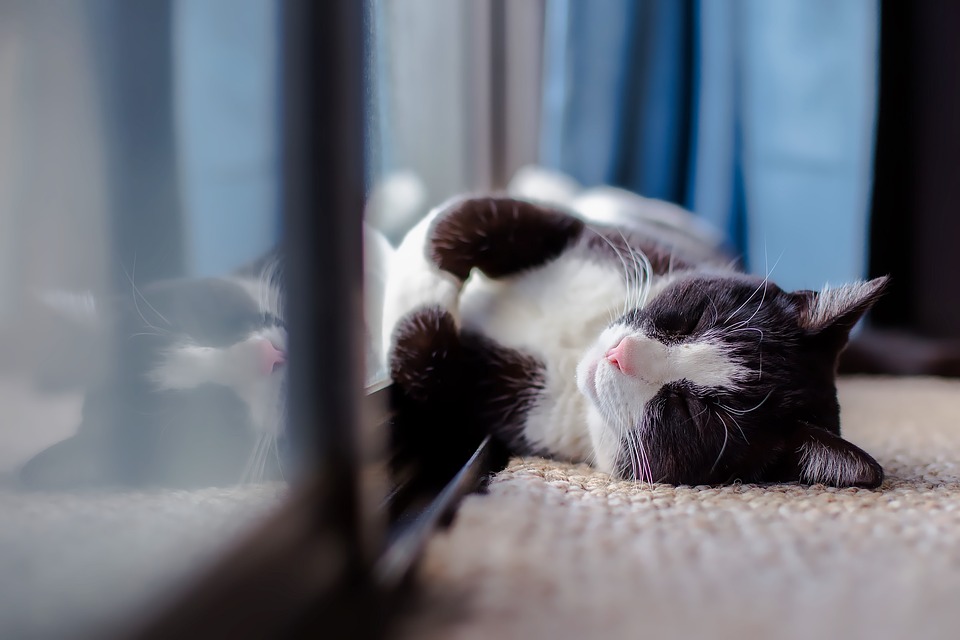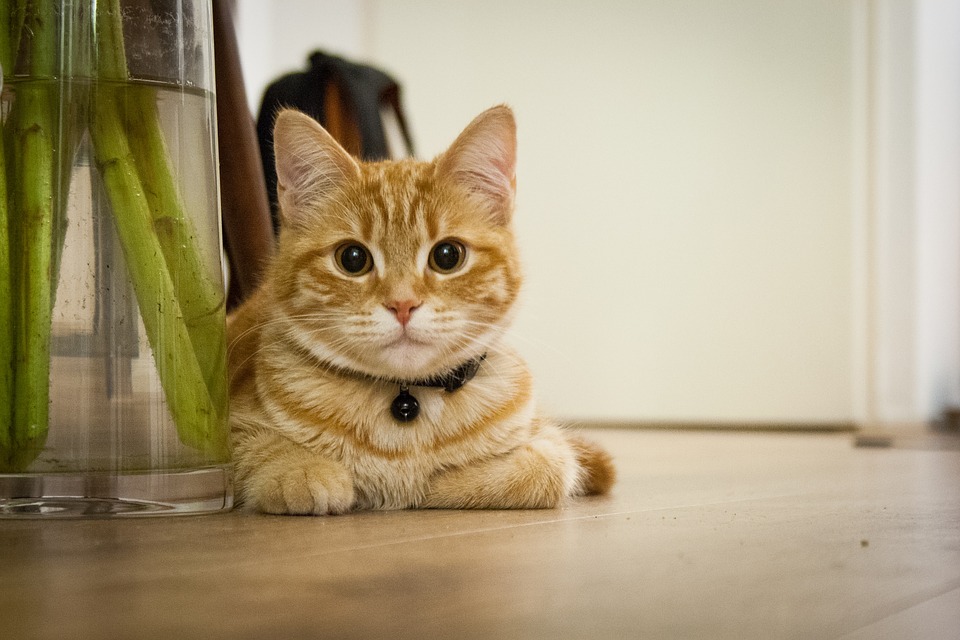
Back when I lived in a small flat while at university, I had house cats. Living in the centre of town wasn’t ideal for having pets roaming about outside, so I made the decision to keep my cats indoors for the best part of three years.
When I first decided that my cats would be house cats, I felt concerned about what their lives would be like indoors. Would they be happy? Would they get bored? Would they end up overweight? I had a whole range of concerns to think about – luckily over the period that my cats spent living inside; I learnt a lot more about keeping house cats and become far better informed.
Did you know that house cats tend to live longer than outdoor cats? This is because house cats aren’t at risk of getting lost and wandering onto a road, they also aren’t able to fight with other cats, and have a much lower risk of developing a range of potentially serious health problems caught from other cats.
Considering keeping a house cat? I’ve chatted with feline-only veterinary specialist, Dr Amanda Nicholls, who runs Cat’s Whiskers Veterinary Clinic in Worthing about the best ways to care for your house cat. Taking note of Dr Nicholls’ advice, below I’ve put together a guide to caring for your house cat, which includes a range of useful tips for ensuring that your ‘furbabies’ have the best indoor life possible.
Be mindful of exercise
While indoor cats have a far lower chance of dying at a young age, they have an increased risk of being overweight and ending up with diabetes mellitus – the cat version of human diabetes. One of my cats, a female tabby cat, became overweight while she was a house cat, and so I know just how serious this can be.
What I did, on the recommendation of my vet, was find ways to get her being more active. I purchased a laser toy that she could chase around – these are fantastic and can work exceptionally well. I also brought her an indoor cat exercise wheel – picture a giant hamster wheel but or cats. The fact is that house cats – particularly female neutered house cats are at risk of developing diabetes – which is why ensuring that they get plenty of exercise is essential.
Get their diet right
Talking about diabetes and cat care, a key factor is diet. If you want to keep your house cat healthy, you need to ensure that you aren’t overfeeding them; otherwise, they could end up being overweight and developing diabetes. It’s also important to remember that just like humans have different metabolisms so do cats, which means that if you have two cats one may need a different type of food than the other.
I adopted two cats at the same time, the female tabby cat I mentioned and her brother from the same litter, a ginger tabby cat. When I picked them up at eight weeks old, the female tabby was already larger than her ginger brother. As time went by, despite them being fed exactly the same amount of food, I noticed that the female tabby cat was becoming far chunkier than her brother, so I looked into getting her specialist food. After speaking to a vet, it was recommended that I buy house cat food that is lower in fat and offers house cats all of the essential nutrients that they need. Another option that I was offered was diet cat food, which I would have considered if the house cat food wasn’t successful.

Prevent boredom
Another concern for many house cat owners is the fact that house cats can get bored easily, as they’re not out and about exploring. I was also concerned about this, but I was assured by my vet that there was plenty of ways I could keep my cats occupied despite the fact they were house cats.
As suggested by my vet, I purchased them a wide range of play toys – their favourites were the Catit designs, but I got them all sorts of different things to keep them occupied. If I had more outdoor space, I would have also built them an outdoor run to allow them the freedom to spend some time outside as well as inside. However, this wasn’t possible at the time.
Get them vaccinated and microchipped
A mistake that many house cat owners make it not getting them vaccinated or microchipped. Just because you aren’t planning to let your cats go outside, that doesn’t mean that you shouldn’t get them microchipped and vaccinated.
After all, if your cat were to escape, without a microchip and a collar, then they may never make it home. Whereas, if your cat is chipped and is taken to the vet, they will find the chip and be able to use it to contact you. As for vaccines, if your cat does escape, if they are unvaccinated, they are at risk of getting really sick, which is why vaccination, even for house cats, is so crucial.
There you have it, an in-depth guide to caring for your house cat and ensuring that they have the very best quality of life possible.





Leave a Reply